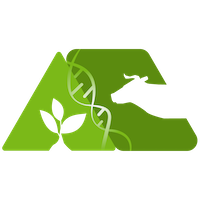Agroecological Urban Agriculture
More than a Decade Working Together the Agronomy College (Udelar) with Diverse Social Groups
DOI:
https://doi.org/10.31285/AGRO.22.1.15Keywords:
food and nutritional security, food sovereignty, university extensionAbstract
Faced with a multifaceted civilization crisis, with socioeconomic, political, cultural and environmental evidence that generate, among other consequences, a lack of sovereignty and food and nutritional insecurity, alternatives of Urban Agriculture emerge. Since 2002 the University of the Republic implemented actions to contribute to food production, social organization and inclusion, comprehensive training of university students and other actors, nutritional education and the generation of agroecological projects. The following are created: Food Production and Community Organization Program (2002-2006); Gardening Program in Educational Centers (2005 to the present) and the Course on Agroecological Production of Foods (2006 to the present). Extending these actions, the secondary education project I plant and I learn (2015); Uruguay Grows and Grows with You (2015-2017) together with the government program for early childhood Uruguay Grows with You and, spaces of integral formation in schools, high schools, and prisons (2012 to the present). The paper analyzes some of these experiences developed by university students and multiple actors in more than a decade. The methodology used, with qualitative and quantitative approaches, was based on the analysis of documentary information, interviews, censuses, surveys, systematization of experiences, workshops, research work and degree and graduate thesis. We describe the objectives, characteristics, strengths, and weaknesses of these processes. We identified the contribution to the participants’ learning, to food and nutritional security, to the production and consumption of healthy foods and to the development of collective projects strengthened from the University that contribute to the achievement of their roles.
Downloads
Downloads
Published
How to Cite
Issue
Section
License
Copyright (c) 2018 Agrociencia Uruguay

This work is licensed under a Creative Commons Attribution 4.0 International License.
| Article metrics | |
|---|---|
| Abstract views | |
| Galley vies | |
| PDF Views | |
| HTML views | |
| Other views | |

















